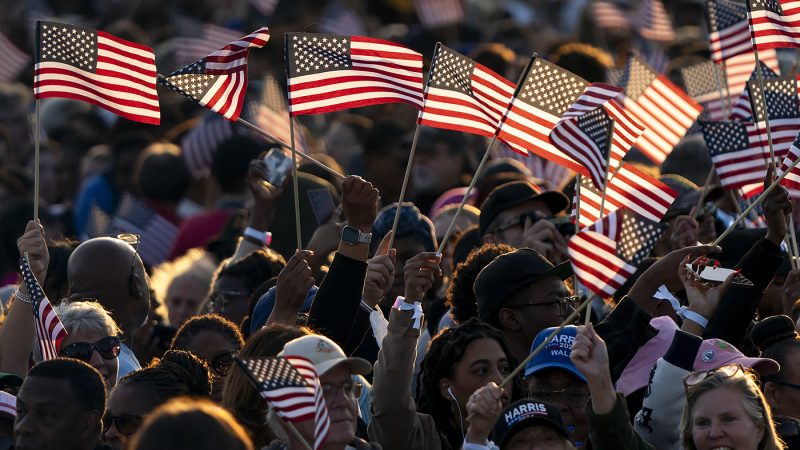(The Hill) — Few Americans use terminology commonly deemed as “woke,” according to a new survey.
In the YouGov survey, under a quarter of Americans polled said they “regularly use” words and phrases such as “safe space,” “woke,” “lived experience” and “white privilege.” The phrases are commonly used in progressive, left-leaning and social justice-oriented spaces.
Bill O’Reilly: ‘Woke movement is anti-American’
In the wake of the 2024 election, there has been debate between liberals and centrists about the cause of the Democratic Party’s losses at the polls. Some centrists have said the party went too far to the left, alienating voters, while some liberals have said the party didn’t go to the left enough to excite its base.
In post-election reports from The New York Times, Democratic centrist Reps. Tom Suozzi (N.Y.) and Seth Moulton (Mass.) criticized their party’s stances on the rights of transgender people, a prominent focus of many social justice-oriented progressives.
Twenty percent of Americans in the YouGov survey said they regularly use “safe space,” 19 percent said they regularly use “woke,” 16 percent said they regularly use “lived experience” and 15 percent said they regularly use “white privilege.”
Following the 2024 elections, former United Nations ambassador Nikki Haley, who was defeated by President-elect Donald Trump in the GOP primary, said the results of the cycle should be a wake-up call for “woke” companies, government officials and Democrats and Republicans.
Trump’s team drawing up list of Pentagon officers to fire: Report
“I think at the end of the day, this should be a wake-up sign for companies that had gone woke. This should be a wake-up sign for government where they got so arrogant they started telling Americans what they should and shouldn’t do. This should be a wake-up call for the Democrat Party that … you don’t need to be leaning left. You need to be coming closer to the center,” Haley said on her Sirius XM show.
The YouGov survey, which took place between Nov. 13 and 15, featured 1,164 people and a margin of error of 3.8 percentage points.
